Hirschsprung Disease After Surgery
Hirschsprung disease after surgery. After Hirschsprungs disease is diagnosed surgery usually is needed. If growth was slow because of Hirschsprung disease growth typically improves after surgery. Hirschsprung disease is a life-threatening illness and treatment requires surgery.
Without nerve cells stimulating the muscular intestinal walls stool poop stops moving. Recent studies clarified causes for persistent symptoms after successful surgery 3. This results in constipation and dangerous bowel obstruction.
Some may experience persistent constipation and need to follow a high-fibre diet and take laxatives. Read the Beware of the Danger of Complications of Hirschsprungs Disease in Babies to find out the info or news above. Adult outcomes after surgery for Hirschsprungs disease.
Hirschsprungs disease is a very serious condition. Babies with Hirschsprungs disease can have a large swollen abdomen and may vomit green liquid after feeding. But if found quickly it can help your child live a relatively normal life.
Most people who undergo surgery for Hirschsprungs disease recover without problems. Because this part of the intestine has working nerve cells your child should be able to pass stool normally after recovering from the procedure. Children who have surgery for Hirschsprung disease most often feel better after surgery.
Outlook for Hirschsprungs disease. The majority of children with Hirschsprung disease HD after corrective surgery CS develop protracted defecation disorders DDs such as constipation fecal incontinence andor enterocolitis. A majority of treated children with Hirschsprungs disease suffer from chronic constipation incontinence andor abdominal pain.
Over half experience incontinence 1 and 20 endure constipation 2. The reality is that even after surgery the majority of children will still have some constipation issues.
This is why it is incredibly important to keep in close contact with your colorectal surgeon.
A majority of treated children with Hirschsprungs disease suffer from chronic constipation incontinence andor abdominal pain. These include bleeding infection or a blockage of the bowel after surgery due to scarring or other factors. This results in constipation and dangerous bowel obstruction. If growth was slow because of Hirschsprung disease growth typically improves after surgery. Most children are able to pass stools normally and have a normal functioning bowel after surgery although they may take a bit longer to toilet train. Evaluation of bowel function and quality of life General quality of life in adults treated for HSCR during childhood is comparable to controls. Some may experience persistent constipation and need to follow a high-fibre diet and take laxatives. Adult outcomes after surgery for Hirschsprungs disease. Hirschsprung disease involves a lack of nerve cells in your babys large intestine.
These include bleeding infection or a blockage of the bowel after surgery due to scarring or other factors. However they have impaired bowel function and gastrointestinal quality of life. Over half experience incontinence 1 and 20 endure constipation 2. Hirschsprungs Disease is usually suspected when a baby does not have a bowel movement for several days following birth or has bowel movements infrequently. Without nerve cells stimulating the muscular intestinal walls stool poop stops moving. Fortunately surgery corrects this problem. Recent studies clarified causes for persistent symptoms after successful surgery 3.



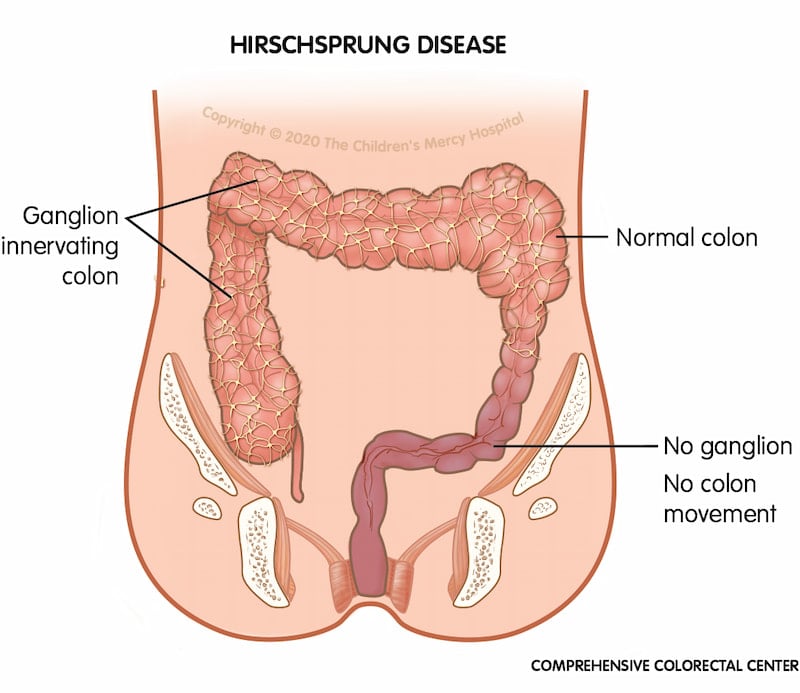

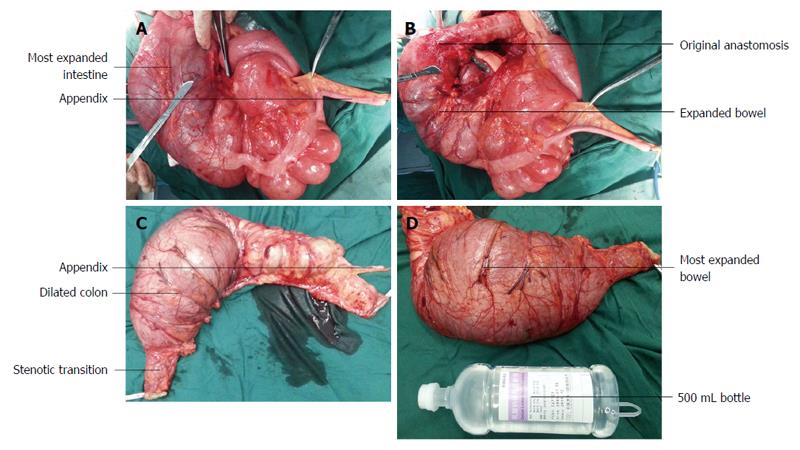
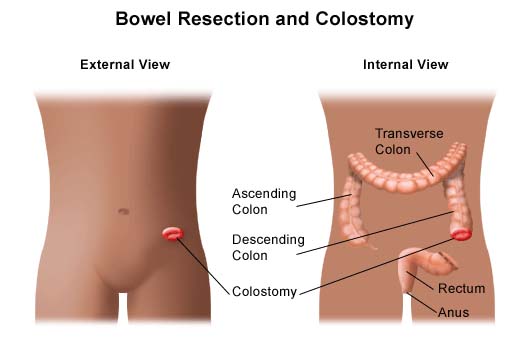
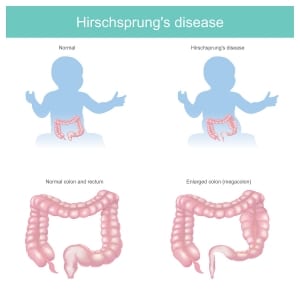

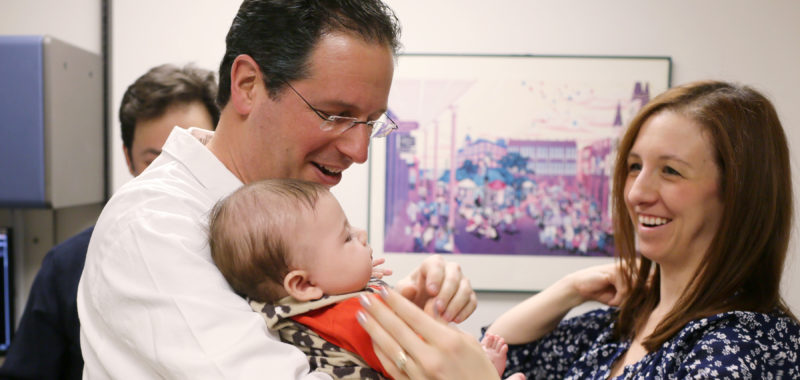

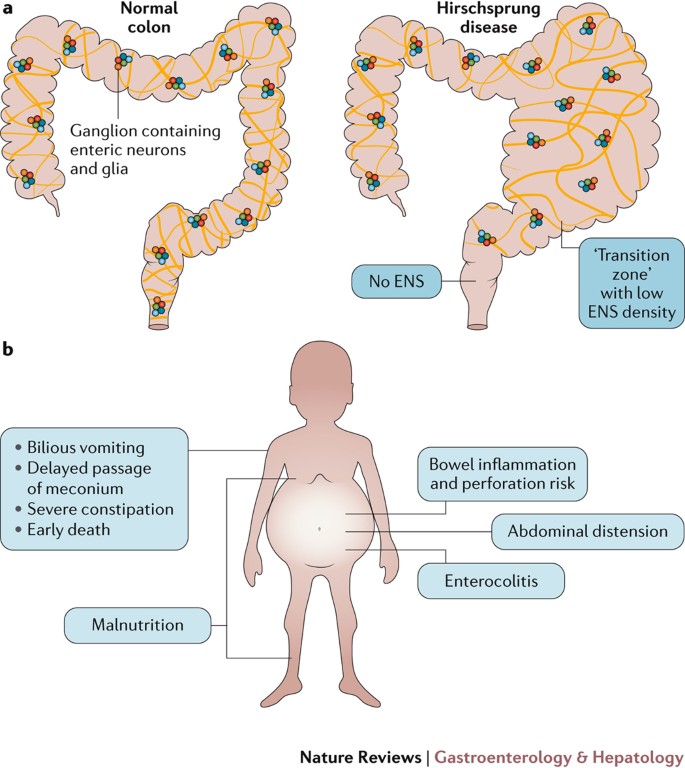
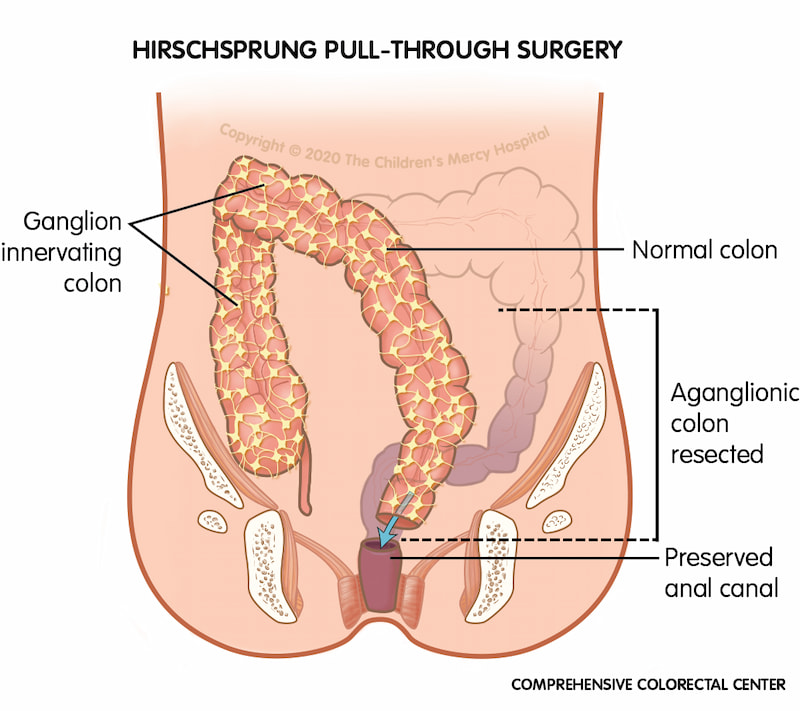

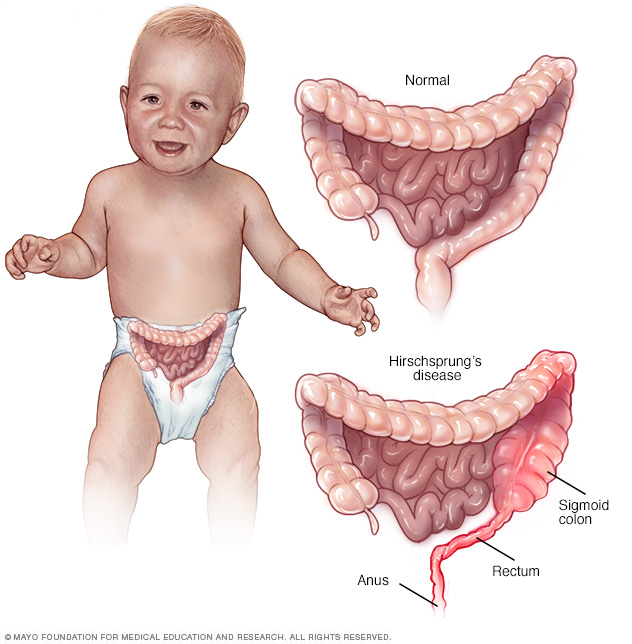
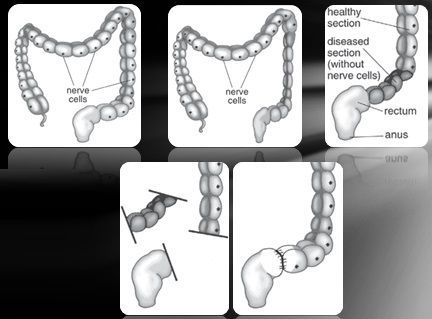


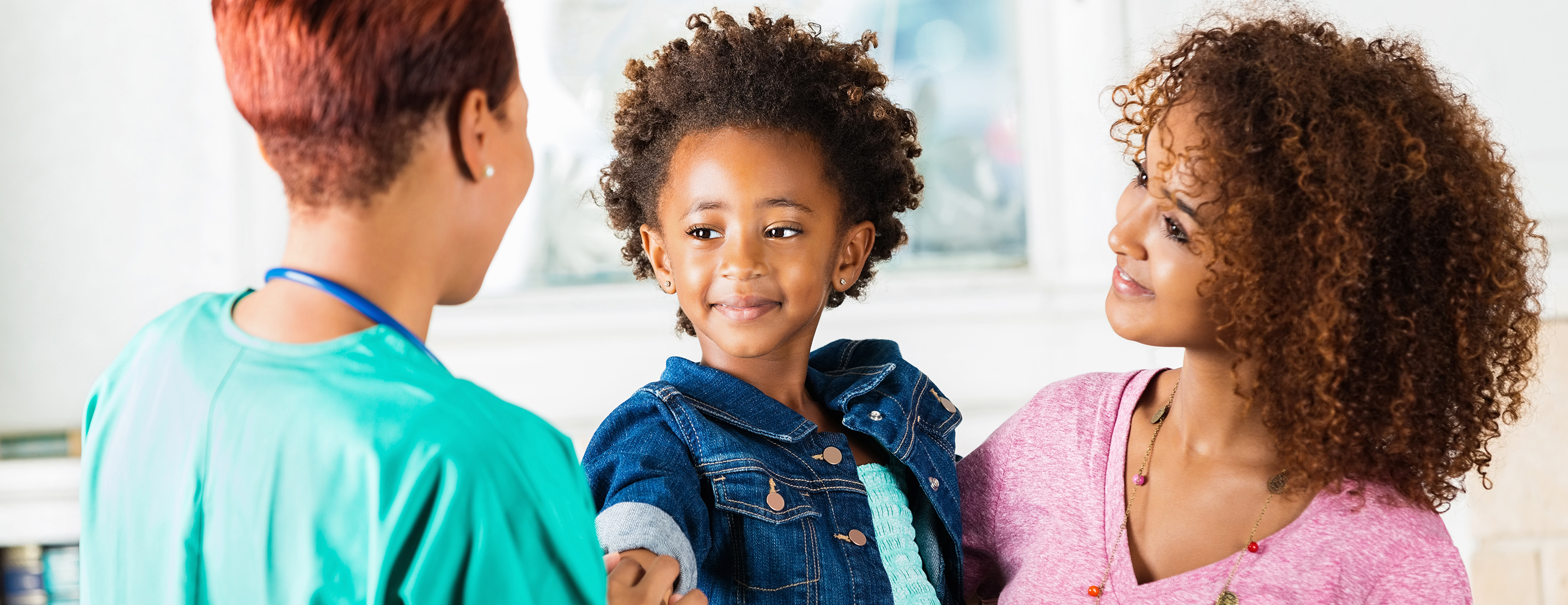

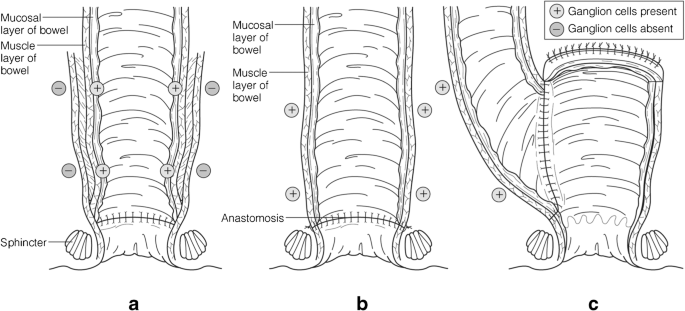
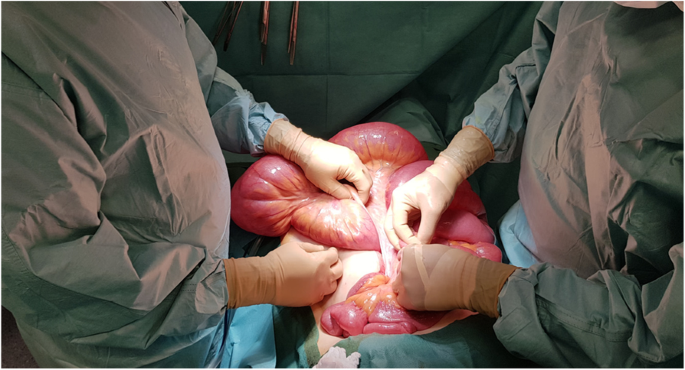


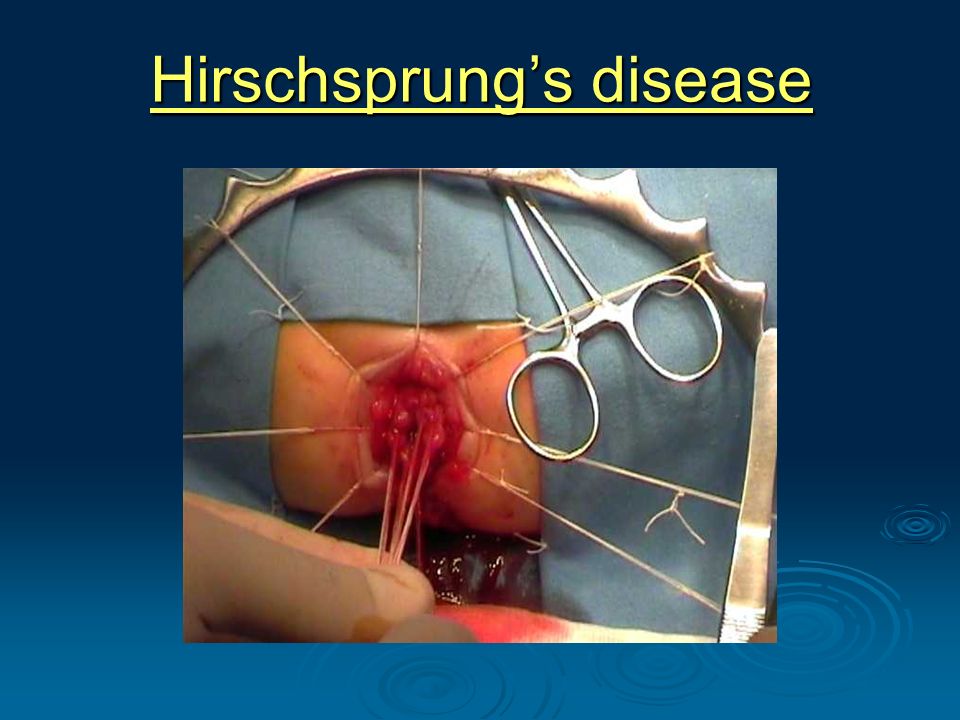





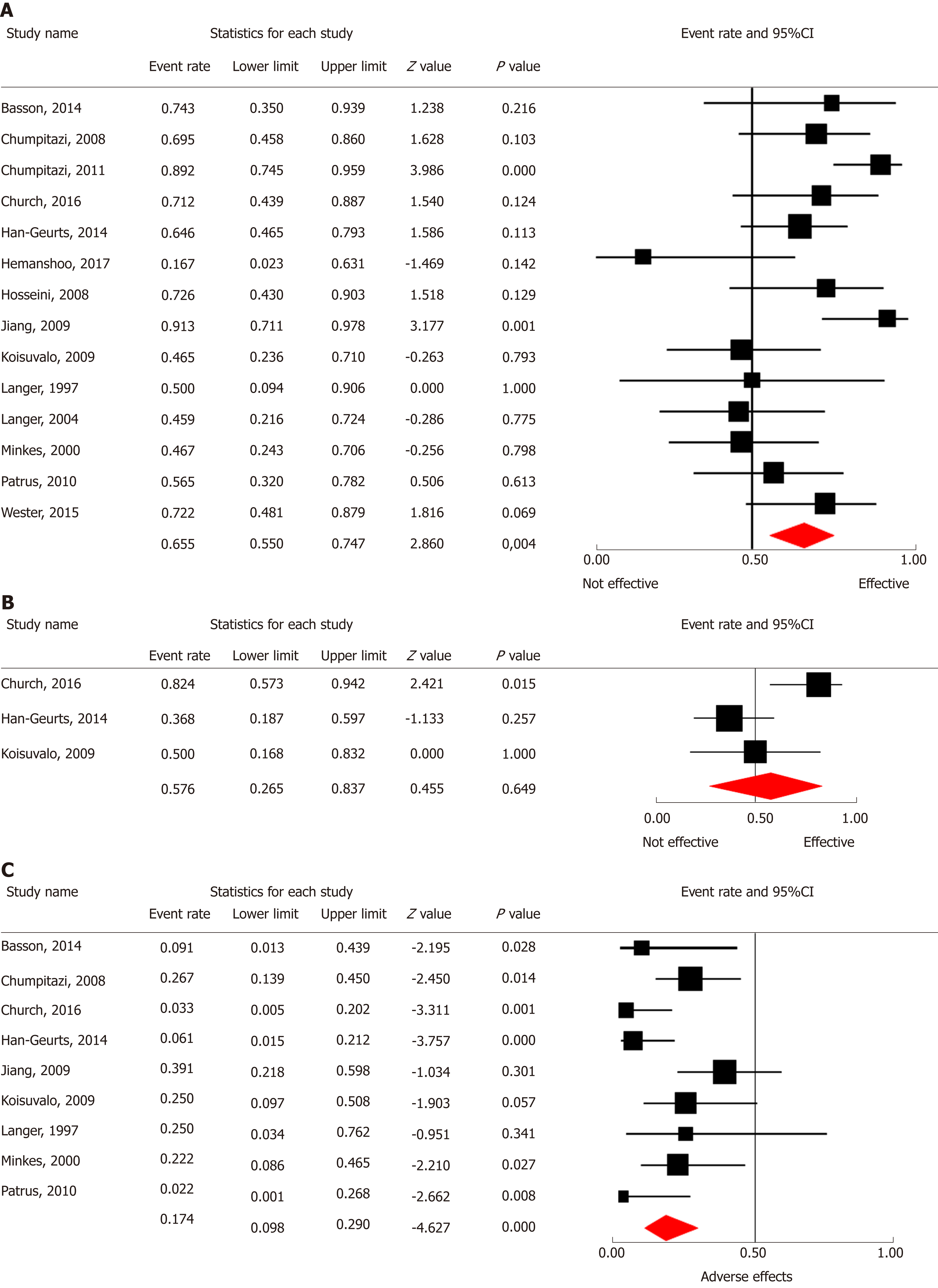
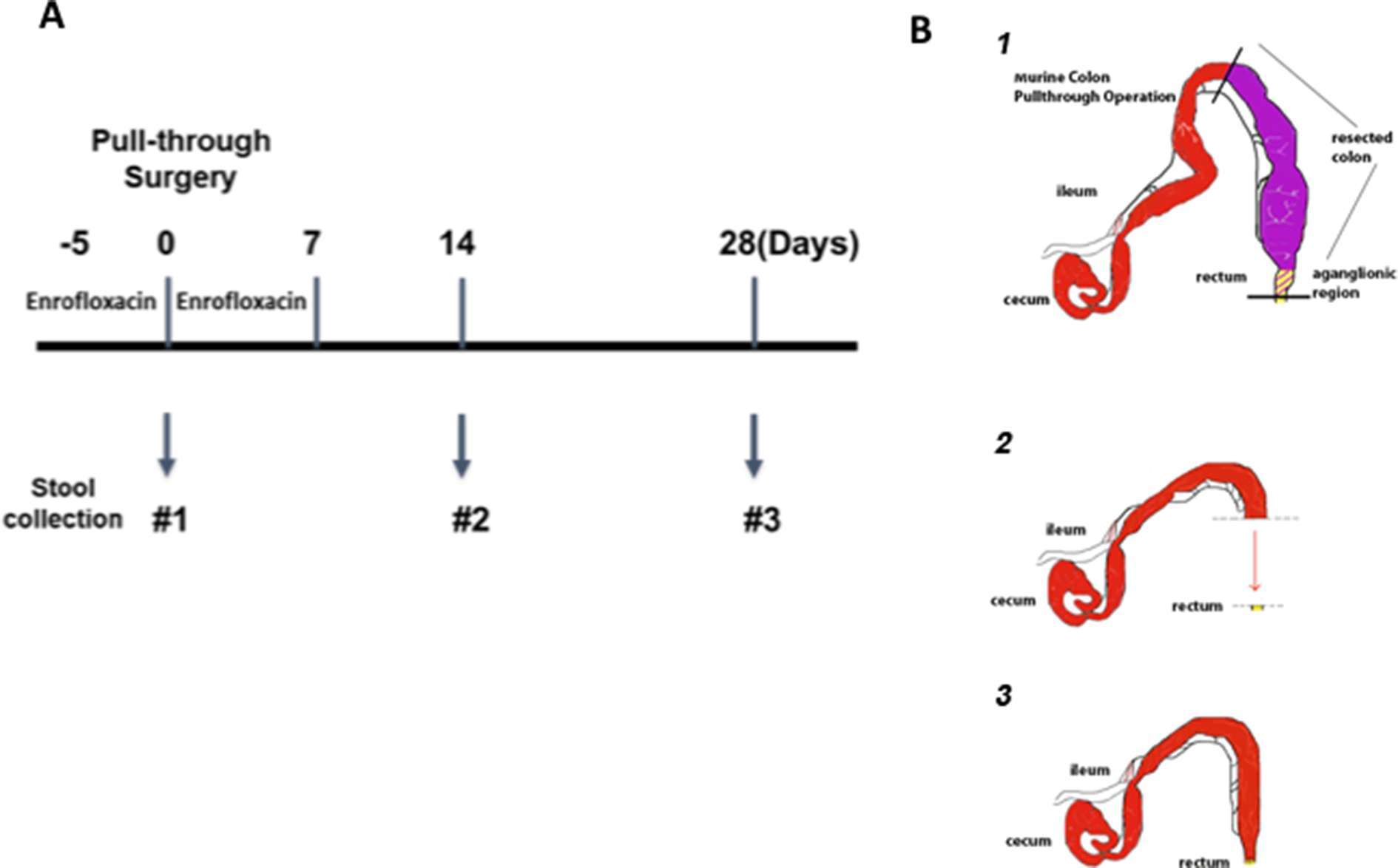


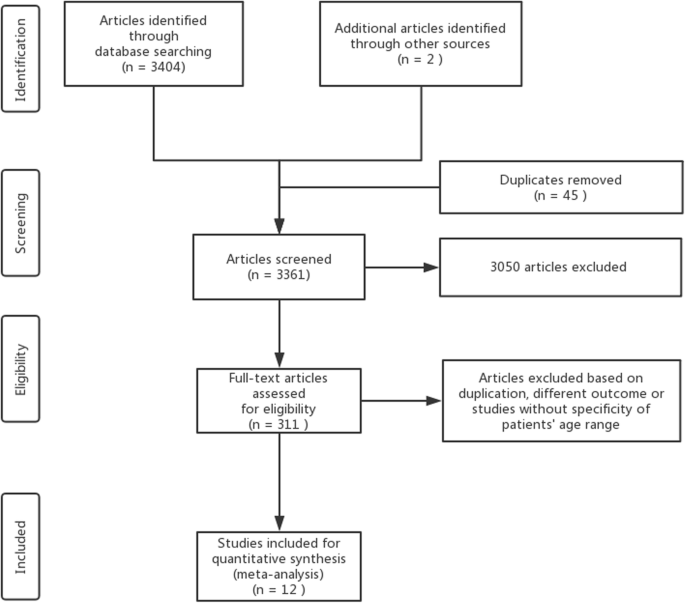
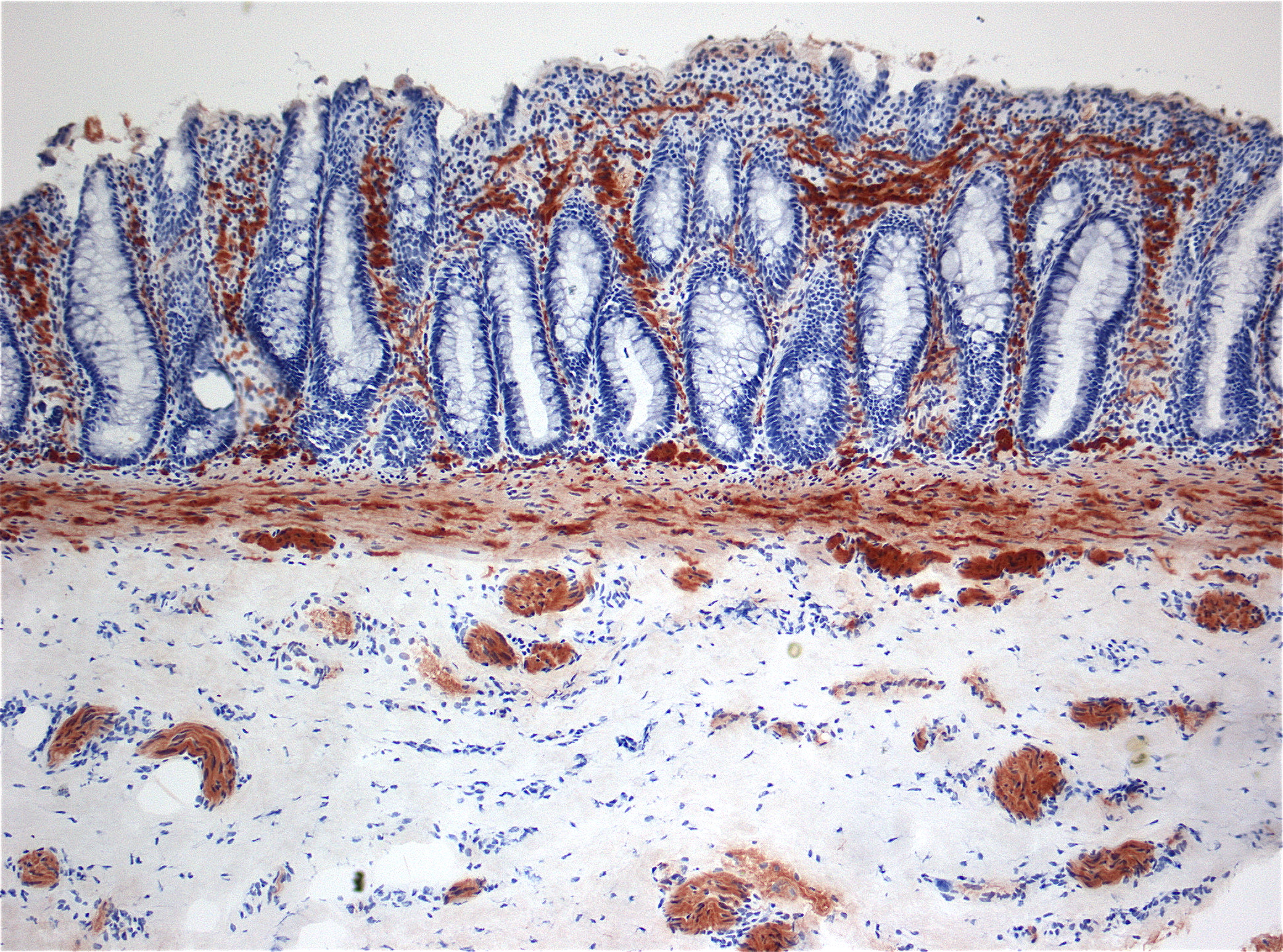


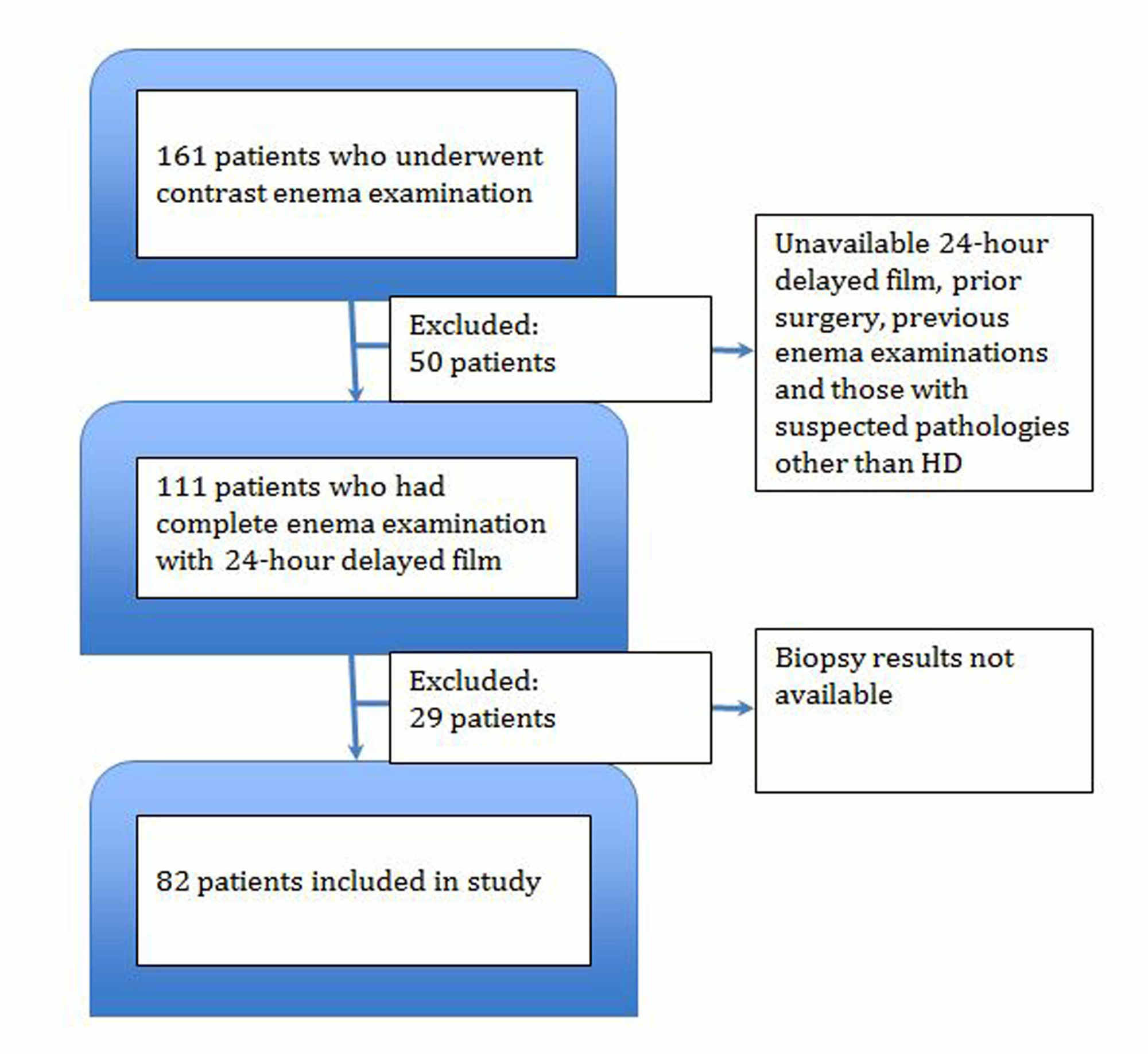
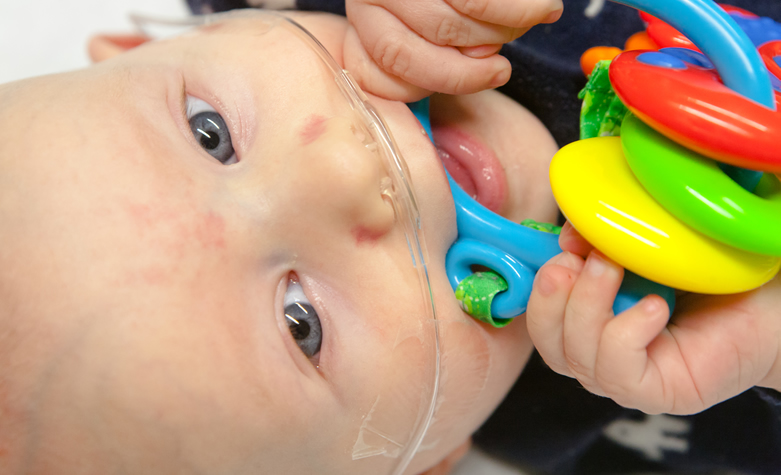


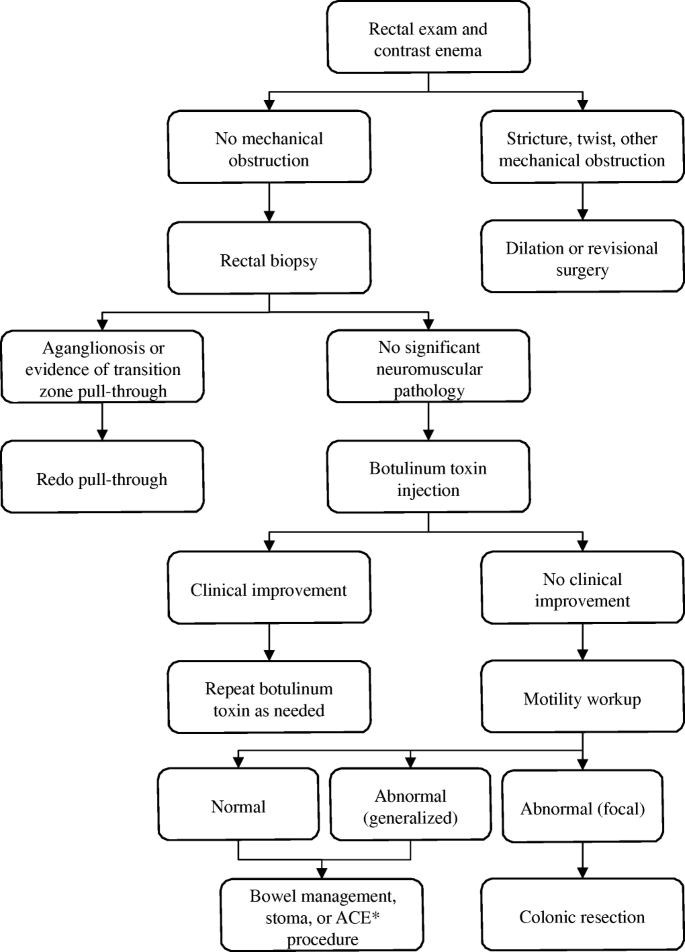




Posting Komentar untuk "Hirschsprung Disease After Surgery"